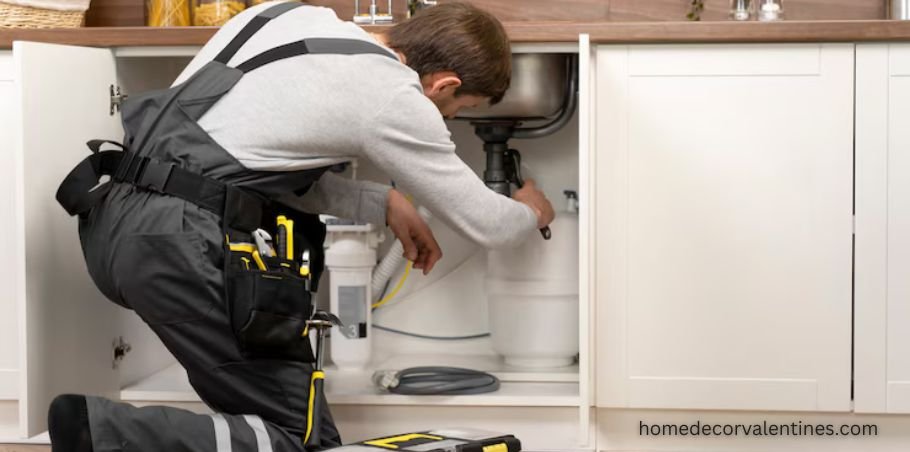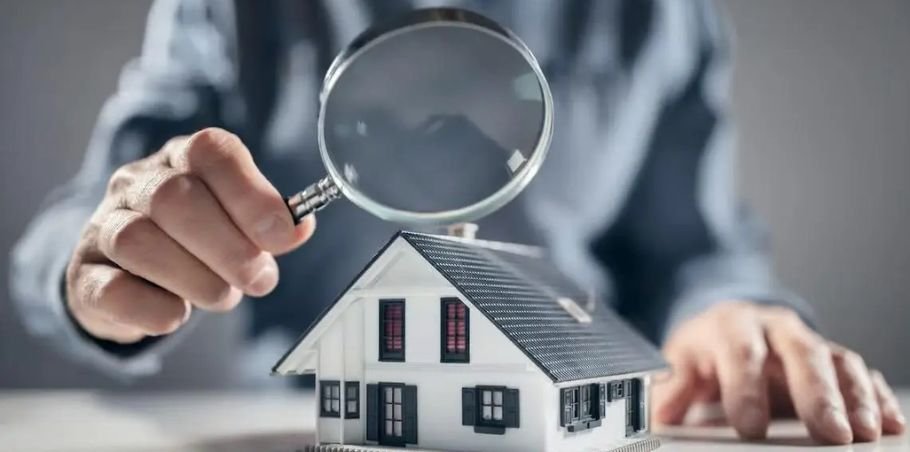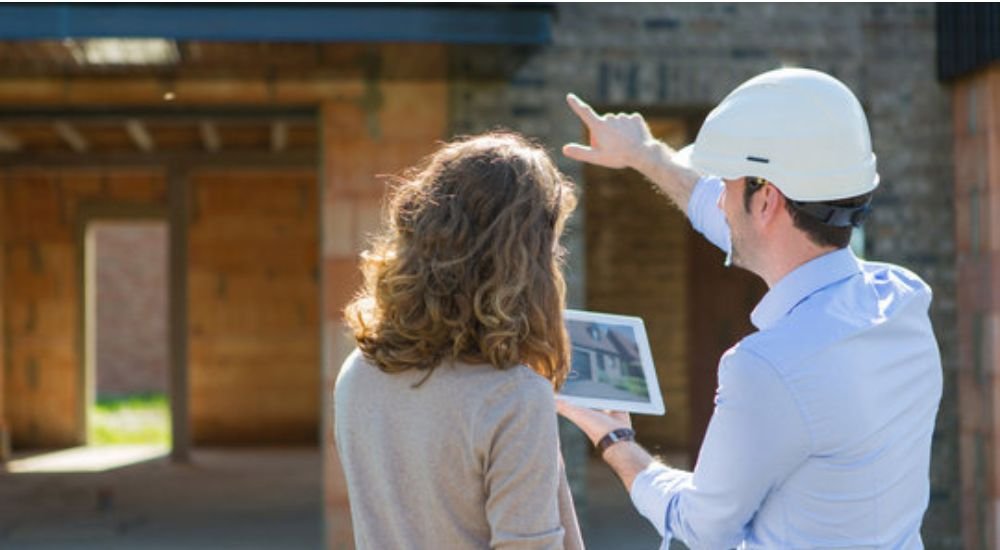How to Handle Plumbing Repairs: Expert Tips and DIY Advice
Plumbing repairs encompass a range of services required to fix issues with the water and drainage systems in a building. These issues can range from minor leaks to major pipe replacements. Timely plumbing repairs are crucial to avoid further damage and higher repair costs. Ignoring small plumbing issues can lead to more significant problems, including water damage, mold growth, and structural damage.
Common Plumbing Issues
Common plumbing issues include leaky faucets, clogged drains, running toilets, low water pressure, and water heater problems. These issues can cause inconvenience and, if left unaddressed, can lead to more severe damage.
Identifying Plumbing Problems
Common signs of plumbing problems include unusual noises from pipes, slow drainage, discolored water, foul odors, and an unexpected increase in water bills. Plumbing problems often occur in bathrooms, kitchens, and basements. These areas have extensive plumbing systems, making them more susceptible to issues.
Types of Plumbing Repairs
- Emergency Plumbing Repairs: Emergency plumbing repairs address urgent issues like burst pipes, severe leaks, and overflowing toilets. These problems require immediate attention to prevent extensive damage.
- Routine Plumbing Maintenance: Routine maintenance includes regular inspections and minor repairs to keep the plumbing system in good condition. This can prevent major issues from developing.
- Major Plumbing Overhauls: Major overhauls involve extensive work, such as repiping an entire home or replacing a sewer line. These are usually required for older homes or after significant damage.
DIY vs. Professional Plumbing Repairs
DIY plumbing is suitable for minor issues like unclogging drains, fixing leaky faucets, or replacing showerheads. Homeowners should only attempt repairs they are comfortable with and have the necessary tools for. rebates Professional plumbers bring expertise and experience, ensuring repairs are done correctly and safely. They have the tools and knowledge to handle complex issues and can provide warranties for their work.
Tools and Materials Needed for Plumbing Repairs
Essential tools for plumbing repairs include wrenches, pliers, pipe cutters, plungers, and plumbing snakes. Common materials include pipe fittings, sealants, plumber’s tape, washers, and replacement parts for fixtures.
Common Plumbing Issues and Solutions
- Leaky Faucets: Leaky faucets are often caused by worn-out washers or gaskets. Replacing these components usually resolves the issue.
- Clogged Drains: Clogged drains can be cleared with plungers, plumbing snakes, or chemical drain cleaners. For severe clogs, professional help may be needed.
- Running Toilets: Running toilets are typically due to faulty flapper valves. Replacing the flapper or adjusting the float can fix the problem.
- Low Water Pressure: Low water pressure can result from blockages, leaks, or issues with the water supply. Identifying and fixing the cause can restore normal pressure.
- Water Heater Problems: Common water heater issues include insufficient hot water, strange noises, or leaks. These problems may require adjusting the thermostat, flushing the tank, or professional repair.
Diagnosing Plumbing Problems
Regular visual inspections can help identify potential issues like leaks, corrosion, or blockages before they become severe. Tools like pressure gauges, pipe cameras, and moisture meters can help diagnose plumbing problems accurately. Hiring professionals for periodic inspections ensures thorough checks and timely identification of issues that might not be visible to the untrained eye.
Preventive Plumbing Maintenance
Scheduling regular check-ups can prevent major issues and ensure the plumbing system remains efficient and reliable. Simple practices like not pouring grease down the drain, using drain covers, and regularly cleaning fixtures can prevent many common plumbing problems.
Cost of Plumbing Repairs
Repair costs vary based on the severity of the issue, required materials, labor charges, and location. On average, minor repairs can cost $100-$200, while major repairs can range from $500 to several thousand dollars. Preventive maintenance, DIY fixes for minor issues, and getting multiple quotes can help save on plumbing repair costs.
Finding a Reliable Plumber
A good plumber should be licensed, experienced, insured, and have positive customer reviews. Ask about their experience, licensing, insurance, warranties, and references to ensure they are qualified. Online reviews and references from previous clients provide insights into the plumber’s reliability and quality of work.
Plumbing Safety Tips
- Safety Precautions During Repairs: Always turn off the water supply before starting repairs and use protective gear to prevent injuries.
- Handling Plumbing Tools Safely: Handle tools with care, follow manufacturer instructions, and store them properly when not in use.
- Dealing with Water Damage: Address water damage promptly to prevent mold growth and structural damage. Use fans and dehumidifiers to dry affected areas.
Plumbing in Different Types of Homes
Older homes may have outdated plumbing systems that require frequent repairs or upgrades to meet modern standards. New constructions typically feature modern plumbing systems designed for efficiency and reliability. Plumbing in multi-unit buildings requires coordination with building management and may involve shared systems and common areas.
Conclusion
Addressing plumbing issues promptly is crucial to prevent extensive damage and high repair costs. Regular maintenance, knowing when to DIY, and hiring reliable professionals are essential. Regular maintenance can prevent many common issues and extend the life of your plumbing system. Plumbing repairs are an inevitable part of homeownership. Being proactive, staying informed, and seeking professional help when needed ensures a safe and efficient plumbing system.
If you gained new insights from this article, explore our blog, Gimkit, for more enlightening content.














Post Comment